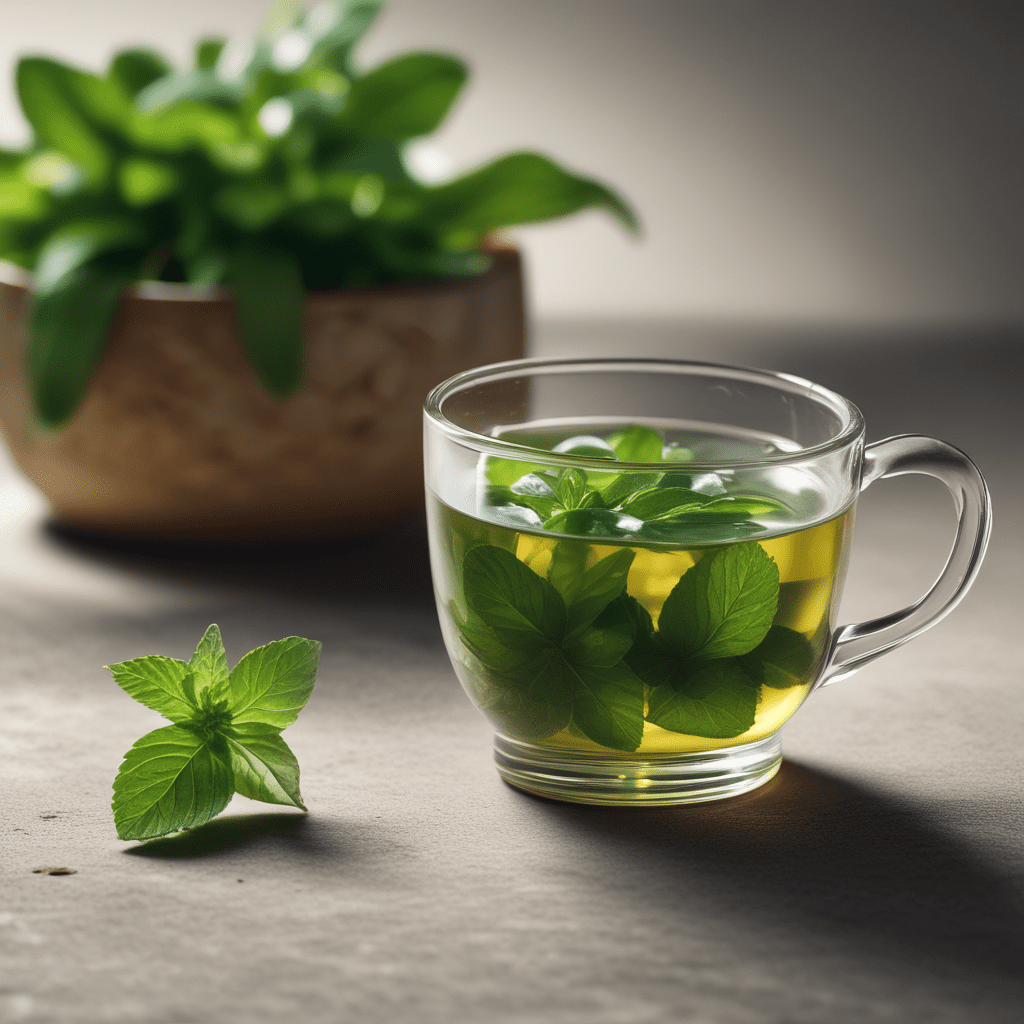1. Introduction: The Essence of Matcha
Matcha, a finely ground green tea, has captivated tea enthusiasts for centuries with its vibrant emerald hue and exquisite flavor. Originating from Japan, matcha embodies the essence of traditional tea culture, offering a unique blend of health benefits and sensory delight. As we delve into the realm of matcha’s dental health benefits, let us explore its remarkable properties and uncover its potential to enhance oral hygiene.
2. The Chemistry of Matcha: Unveiling the Active Compounds
At the heart of matcha’s dental benefits lies its rich composition of active compounds. Catechins, particularly epigallocatechin gallate (EGCG), are powerful antioxidants that play a crucial role in maintaining oral health. Additionally, matcha contains fluoride, a mineral essential for strengthening tooth enamel, and tannins, which have antibacterial properties.
3. Matcha’s Antibacterial Properties: Combating Oral Bacteria
One of matcha’s most significant dental benefits is its ability to combat oral bacteria. Studies have shown that EGCG, the primary catechin in matcha, effectively inhibits the growth of bacteria that cause cavities and gum disease. By reducing the bacterial load in the mouth, matcha contributes to a healthier oral environment.
4. Anti-inflammatory Effects: Soothing the Oral Cavity
Inflammation is a common underlying factor in various oral health issues, including gingivitis and periodontitis. Matcha’s anti-inflammatory properties can help soothe the oral cavity, reducing inflammation and promoting tissue healing. The catechins in matcha have been shown to inhibit the production of inflammatory cytokines, creating a more favorable environment for oral health.
5. Catechins and Enamel Health: Protecting Against Erosion
Dental erosion, caused by the loss of tooth enamel, is a growing concern in oral health. The fluoride in matcha plays a crucial role in protecting enamel from erosion. Fluoride strengthens the enamel’s structure, making it more resistant to acidic substances that can damage teeth. By consuming matcha regularly, individuals can help safeguard their teeth against erosion.
6. Matcha and Plaque Reduction: Keeping Teeth Clean
Plaque, a sticky film of bacteria, is a significant factor in tooth decay and gum disease. Matcha’s antibacterial properties extend to plaque reduction, helping to keep teeth clean and healthy. Studies have shown that regular consumption of matcha may inhibit plaque formation, reducing the risk of cavities and periodontal disease.
7. Saliva Production: Maintaining a Healthy Oral Environment
Saliva plays a vital role in maintaining a healthy oral environment. It helps neutralize acids, lubricate the mouth, and wash away bacteria. Matcha has been found to stimulate saliva production, enhancing the mouth’s natural defense mechanisms against cavities and gum disease. Increased saliva flow can also help reduce dry mouth, which can contribute to oral health issues.
8. Matcha’s Antioxidant Capacity: Shielding Against Oxidative Stress
Oxidative stress, caused by an imbalance of antioxidants and free radicals, can damage oral tissues and contribute to oral diseases. Matcha’s potent antioxidant capacity helps neutralize free radicals, protecting against oxidative stress-induced damage. The catechins in matcha have been shown to reduce oxidative stress in the oral cavity, promoting a healthier oral environment.
9. Potential for Gum Health: Strengthening and Protection
Gum disease, also known as periodontitis, is a serious condition that can lead to tooth loss. Matcha’s anti-inflammatory and antibacterial properties show promise in promoting gum health. The catechins in matcha have been found to inhibit the growth of bacteria that cause gum disease, while their anti-inflammatory effects may help soothe inflamed gum tissue. Regular consumption of matcha may contribute to stronger and healthier gums.
10. Conclusion: Matcha’s Promise for Dental Well-being
Matcha, with its unique blend of active compounds, offers a range of dental health benefits. From combating oral bacteria and reducing inflammation to protecting against enamel erosion and stimulating saliva production, matcha emerges as a valuable ally in maintaining a healthy oral hygiene routine. By incorporating matcha into a regular diet, individuals can harness its potential to promote dental well-being and enjoy a radiant, healthy smile.
FAQs
Can matcha replace regular dental care?
No, matcha should not replace regular dental care, which includes brushing twice daily, flossing, and regular dental checkups. Matcha can complement dental hygiene practices but cannot substitute professional dental care.
How much matcha should I consume for dental benefits?
The recommended daily intake of matcha for dental health benefits varies depending on individual factors. Experts suggest consuming 1-2 cups of matcha tea per day to reap its oral health benefits effectively.
Are there any side effects of consuming matcha?
Matcha is generally safe for consumption, but excessive intake may cause side effects such as nausea, headaches, or anxiety due to its high caffeine content. Pregnant or breastfeeding women should consult a healthcare professional before consuming matcha.


